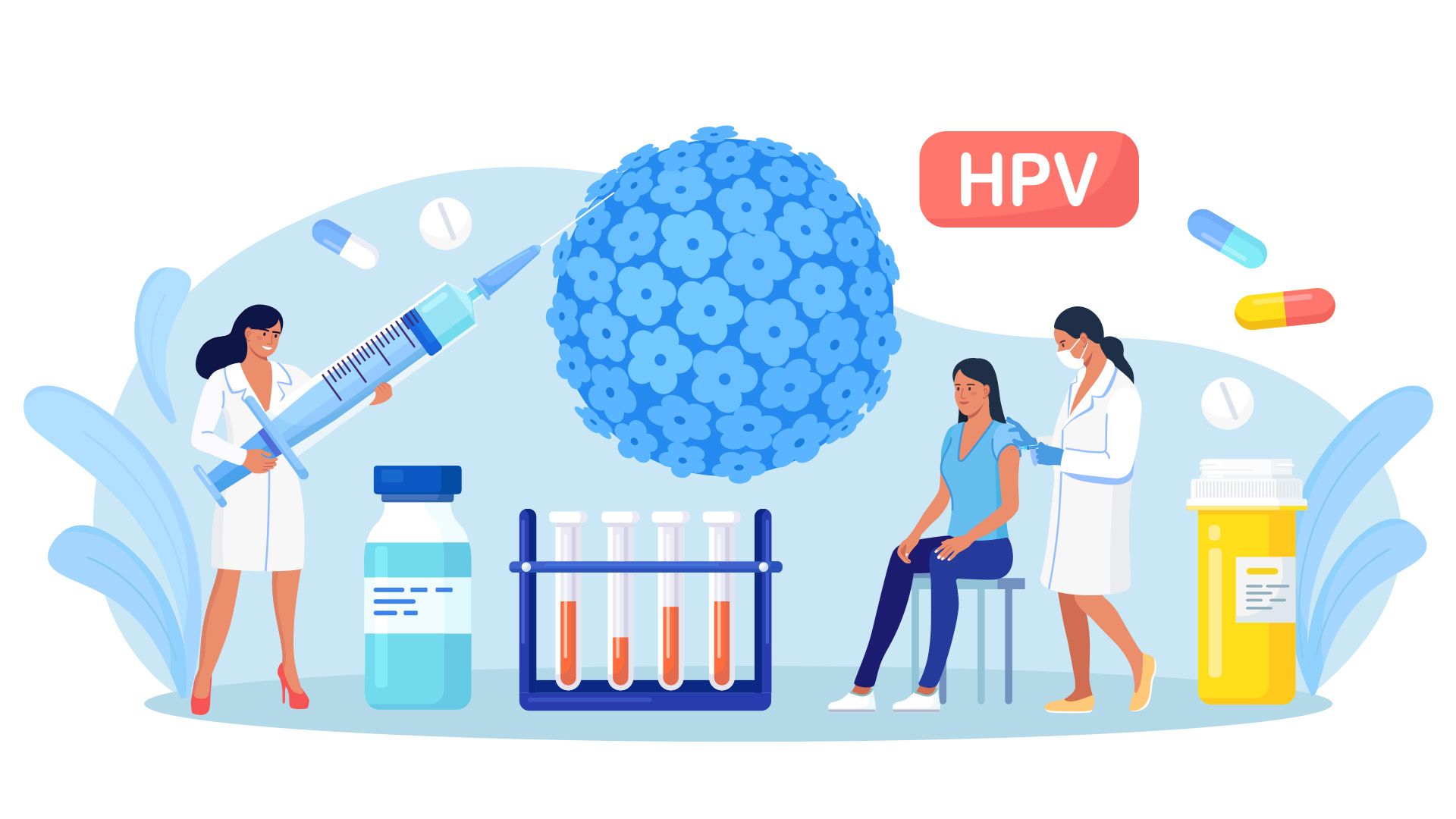Consider this before conception: Ob-gyn’s advice
Your healthiest pregnant self, child spacing and risk assessment
Bringing a new life into the world can feel daunting at any age, yet when pregnancies are planned, there are more opportunities to give a baby the best possible start, beginning well before conception.
“Before stopping contraception, there are a few things that couples should be informed about that could profoundly influence the future of the child they are planning for,” says Dr Mokgohloe Phasha, an obstetrician-gynaecologist (OB-GYN) practising at Netcare Park Lane Hospital.
“A pre-conception visit offers the chance for women to enter pregnancy as their healthiest self, and lay the optimal foundation for their future baby. Although pre-conception appointments have an important role in ensuring a healthy pregnancy, sadly, few people fully appreciate the value this holds both for mother and baby and for managing potential risks before falling pregnant,” she says.
In addition to a physical examination, the specialist would ask questions during the appointment to establish whether there are any particular risk factors for your pregnancy and to assess and discuss the potential risks that may be relevant.
Assessing potential medical risks
“While many women have healthy babies well into their 40s, pregnancy after the age of 35 is associated with increased risk for genetic abnormalities. We are born with all our eggs, so our eggs are as old as we are.
“Over time, the number and viability of a woman’s eggs wane, which may also increase the risk of miscarriage. Advanced maternal age during pregnancy may pose a few extra health risks for the woman, but the good news is that these pre-conception assessments allow us to identify and mitigate risks wherever possible before the baby is even conceived,” Dr Phasha says.
For parents of any age, pre-conception assessments are an opportunity to determine whether the couple are known carriers of certain genetic abnormalities, discuss the risks of passing the condition to the next generation, and explore options to mitigate those risks if they are present.
Other tests are performed at a pre-pregnancy appointment to ascertain whether the mother-to-be has new health conditions, such as type 2 diabetes, that could have an impact on the pregnancy. “If the woman has a known medical condition, we assess if it is well controlled and check whether the medication she’s on is suitable for pregnancy and advise on adjustments if necessary, with multidisciplinary collaboration to ensure that her medical condition is well managed in preparation for hosting her baby.
In a pre-conception consultation, the need for vaccinations is assessed. “German measles is especially of concern, as when contracted in pregnancy it may result in minor symptoms for the mother but can lead to abnormalities in the foetus, including growth restriction and poor brain development. Hearing, sight, and the heart may also be affected. Being vaccinated before pregnancy can prevent these serious risks to the baby. We recommend not falling pregnant for 6 to 12 weeks after vaccination, so continuing contraception is imperative around that time.”
Child spacing, maternal health and bonding
Dr Phasha adds that another important aspect of pre-conception consultations is to discuss child spacing with the woman or couple. “Pregnancy takes a toll on a woman’s body, and child spacing refers to the length of time, in months or years, between a woman’s pregnancies. Generally, it is recommended that pregnancies are spaced at least 18 months to two years apart to allow the woman’s body sufficient time to recover and replenish stores before the next baby’s gestation period begins,” she explains.
“Spacing pregnancies out also allows sufficient bonding time with the older child, which helps create a secure attachment, rather than an anxious attachment with the arrival of the new sibling, making for a more harmonious home dynamic,” Dr Phasha says.
Golden window of opportunity
Dr Phasha points out that a healthy lifestyle underpins wellness before and after pregnancy. “The first three months of pregnancy are crucial for organ development, and women planning to conceive should avoid alcohol and quit if they are smokers well in advance. Women need to know we are here, there is non-judgemental help available that remains absolutely confidential,” she says.
The benefits of folic acid supplementation during pregnancy are well known, but often women only realise they are pregnant after their first trimester, missing a golden window of opportunity to prevent neural tube defects. “This inexpensive intervention has proven to significantly reduce the risk of spina bifida, which can lead to paralysis of the baby’s legs. The mom-to-be’s folic acid requirements are met ahead of conception,” Dr Phasha advises.
As a specialised maternity facility, Netcare Park Lane Hospital includes one of the country’s most respected neonatal intensive care units alongside caring and experienced obstetric teams. For high risk deliveries, these integrated services provide an additional layer of reassurance for expectant parents.
“Our children are our legacy to the world, and taking the time to prepare well before the patter of tiny feet is an extremely worthwhile investment in your family’s future,” Dr Phasha concludes.













